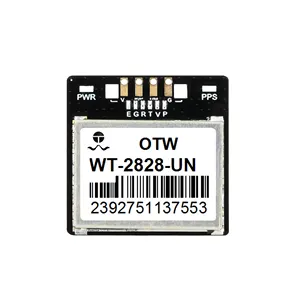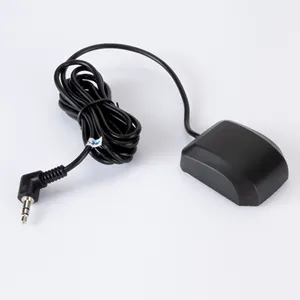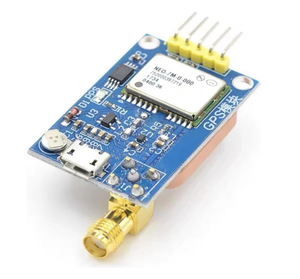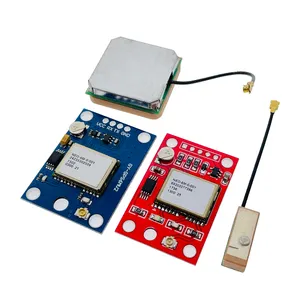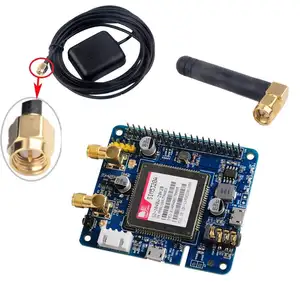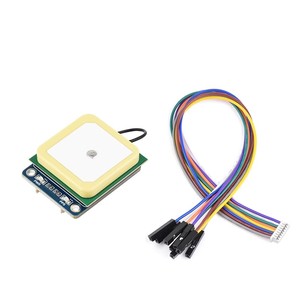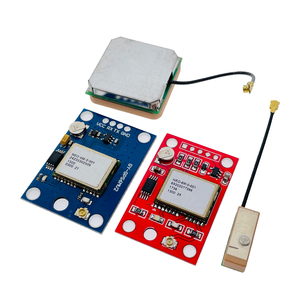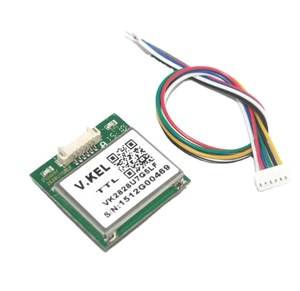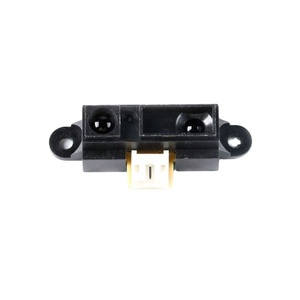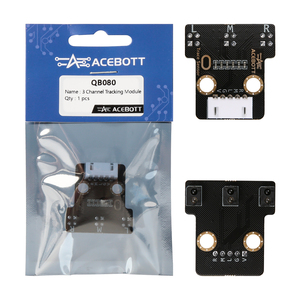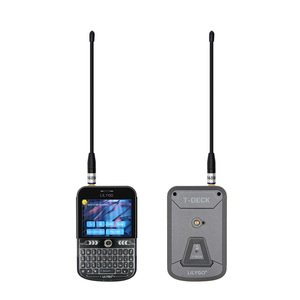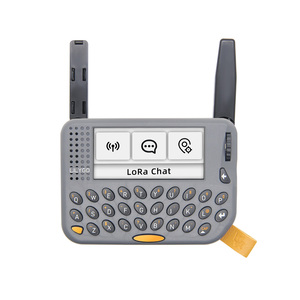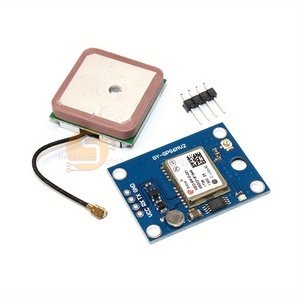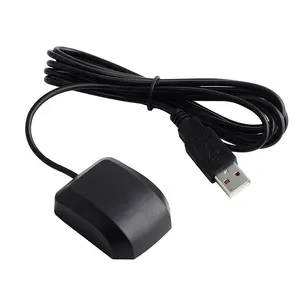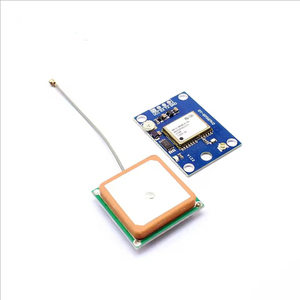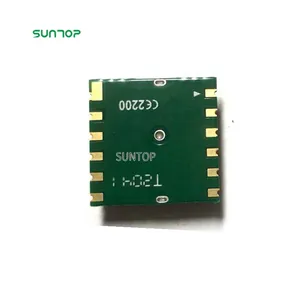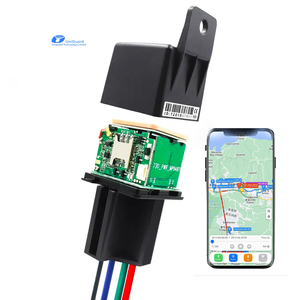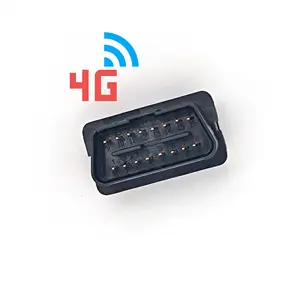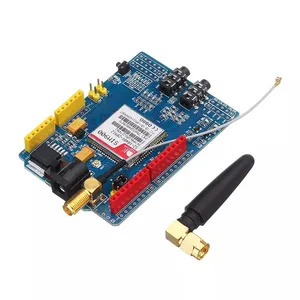Arduino Gps Module
 Top sponsor listing
Top sponsor listing



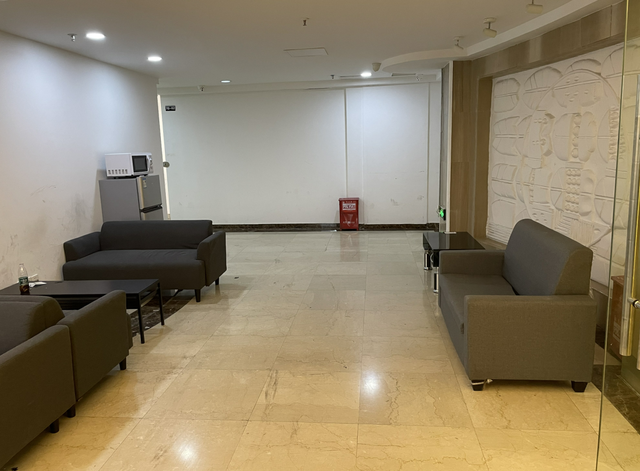

 1/3
1/3





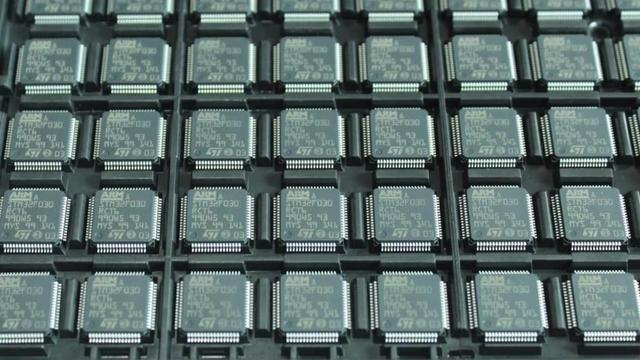

 1/8
1/8




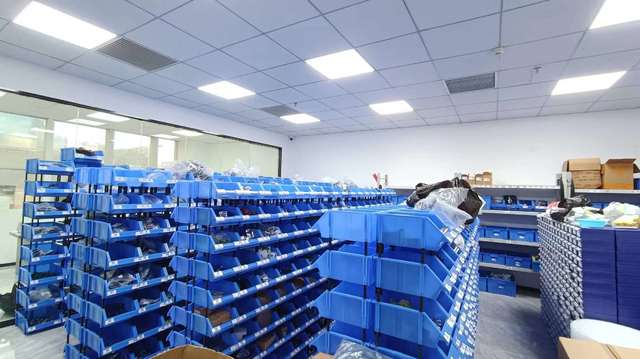

 1/2
1/2




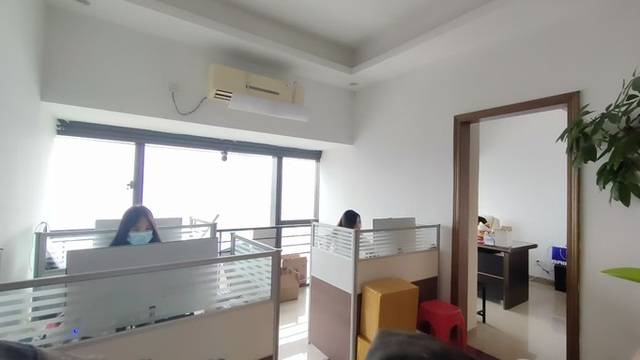

 1/2
1/2


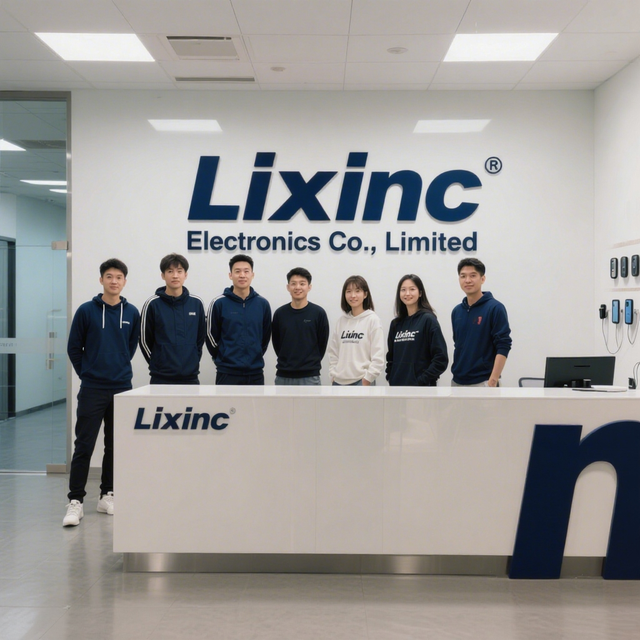
 1/1
1/1


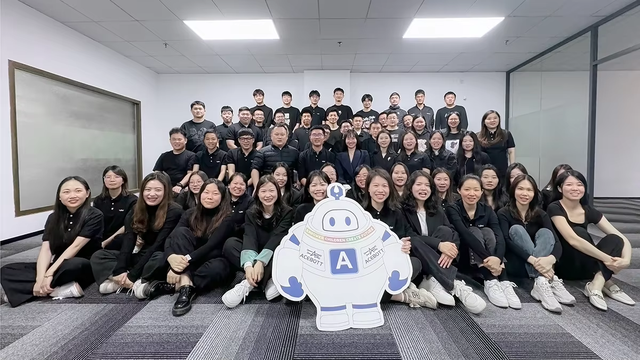
 1/1
1/1






 1/12
1/12





 1/3
1/3


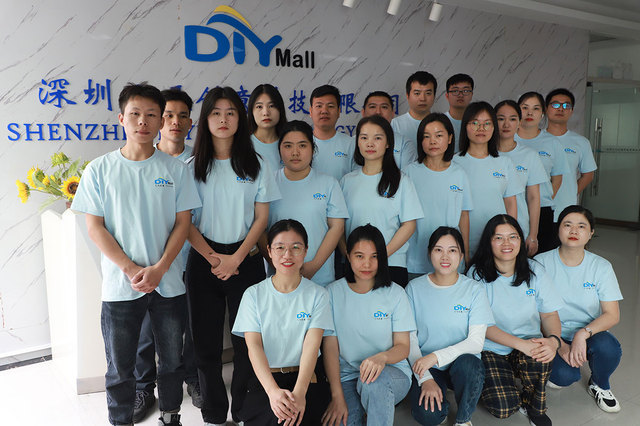

 1/3
1/3



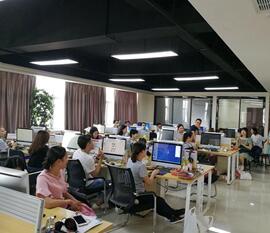

 1/2
1/2


 0
0






 1/4
1/4





 1/3
1/3



 1/1
1/1






 1/13
1/13





 1/3
1/3




 1/3
1/3


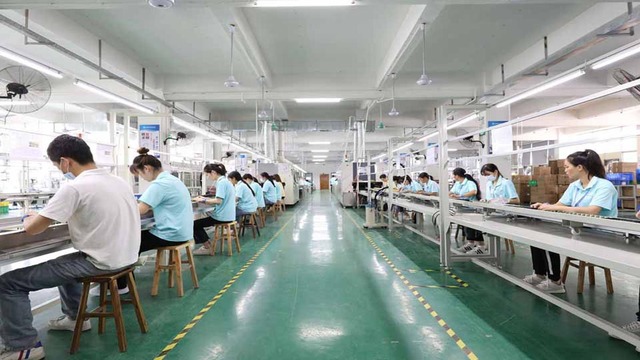

 1/3
1/3




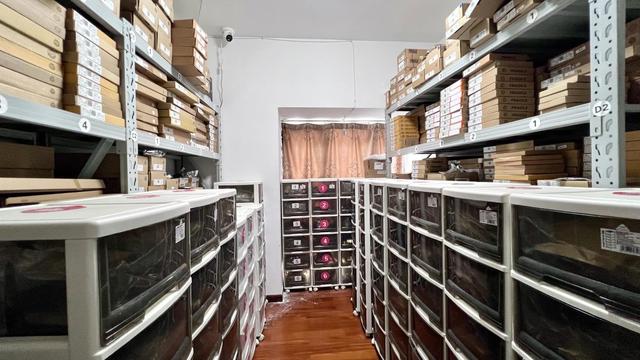

 1/5
1/5
About arduino gps module
Where to Find Arduino GPS Module Suppliers?
China remains the central hub for electronics component manufacturing, with Shenzhen-based suppliers dominating the production of Arduino-compatible GPS modules. The city's advanced electronics ecosystem enables rapid prototyping, scalable assembly, and integration of global navigation satellite systems (GNSS), including GPS, GLONASS, BDS, and QZSS. These suppliers leverage proximity to semiconductor distributors, PCB fabricators, and RF testing facilities, allowing streamlined production cycles and cost-efficient sourcing.
The concentration of specialized electronic manufacturers in Shenzhen supports vertically integrated operations—from module design and firmware calibration to packaging and logistics. This infrastructure facilitates short lead times, typically 7–15 days for standard orders, and enables flexible batch sizing. Buyers benefit from access to mature supply chains that reduce material procurement costs by 20–30% compared to Western alternatives, while maintaining compatibility with international technical standards such as RoHS and CE.
How to Choose Arduino GPS Module Suppliers?
Selecting reliable partners requires a structured evaluation across three critical dimensions:
Technical Capability Verification
Confirm supplier expertise in GNSS signal processing and low-power embedded design. Key components such as u-blox or Quectel chipsets should be clearly specified in product documentation. Validate support for UART/TTL interfaces, micro-USB connectivity, and compatibility with Arduino IDE libraries. For applications requiring high positional accuracy, assess whether modules integrate active antennas or support differential GPS (DGPS) via SBAS.
Production and Quality Assurance
Evaluate operational scale and consistency using verifiable metrics:
- On-time delivery rate exceeding 95%
- Reorder rate below 20% indicating stable customer satisfaction
- Average response time under 2 hours for inquiry resolution
- Evidence of environmental compliance (e.g., RoHS, REACH)
Cross-reference product listings with actual shipment data and prioritize suppliers offering functional testing reports, EMI shielding validation, and temperature resilience (operating range -40°C to +85°C).
Sourcing and Transaction Security
Implement risk mitigation strategies during procurement:
- Demand sample testing before bulk ordering to verify signal acquisition time, positioning accuracy (<2.5m CEP), and cold/warm start performance
- Negotiate MOQs based on volume needs—typical minimums range from 1 to 10 pieces
- Utilize secure payment methods with escrow protection where available
- Assess customization capability for firmware, pin headers, or labeling if required
What Are the Best Arduino GPS Module Suppliers?
| Company Name | Main Products (Listings) | Online Revenue | On-Time Delivery | Reorder Rate | Response Time | Customization Options | Sample MOQ | Price Range (USD) |
|---|---|---|---|---|---|---|---|---|
| Shenzhen Anzewei Technology Co., Ltd. | GPS Modules (175); Navigation & GPS (89) | US $40,000+ | 100% | <15% | ≤2h | Not specified | 10 pcs | $1.85–6.30 |
| Shenzhen Xinliwei Electronics Technology Co., Ltd. | Memory (2,616); ICs (1,383) | US $30,000+ | 100% | <15% | ≤2h | Not specified | 1 pc | $0.45–7.71 |
| Shenzhen Dahongxing Electronics Co., Ltd. | GPS Modules; Expansion Boards | US $200,000+ | 93% | 25% | ≤2h | Color, logo, packaging, size | 10 pcs | $0.50 (fixed) |
| Shenzhen Zhicheng Electronic Technology Co., Ltd. | NEO-6M, L76K, SIM800L Modules | US $100,000+ | 95% | <15% | ≤2h | Color, logo, packaging, label | 5–10 pcs | $1.50–16.00 |
| Shenzhen Mingdewei Electronics Limited | SIM808, NEO-6M, GY-NEO6MV2 | US $130,000+ | 99% | 19% | ≤2h | Not specified | 5–100 pcs | $1.00–10.00 |
Performance Analysis
Shenzhen Anzewei and Xinliwei stand out for exceptional on-time delivery (100%) and low reorder rates, signaling consistent quality and buyer trust. Xinliwei offers one of the lowest entry barriers with single-piece sampling and competitive pricing starting at $0.45. In contrast, Dahongxing commands the highest reported revenue (US $200,000+), though its 25% reorder rate suggests potential post-purchase friction despite broad customization options.
Zhicheng Electronic provides mid-range pricing with verified delivery reliability (95%), making it suitable for medium-volume buyers requiring moderate customization. Mingdewei balances scalability and responsiveness, with a 99% on-time rate and wide price flexibility across different module types. Suppliers like Zhicheng and Dahongxing explicitly list graphic and packaging customization, which is advantageous for private-label integration.
FAQs
How to verify Arduino GPS module supplier reliability?
Check for consistent product specifications across listings, including chipset model (e.g., NEO-6M), update rate (1Hz typical), and power consumption. Review transaction history for on-time delivery records and response efficiency. Request sample units to test real-world signal lock time and positional drift under urban canopy conditions.
What is the typical lead time for Arduino GPS modules?
Standard order fulfillment ranges from 7 to 15 days after payment confirmation. Sample shipments can be dispatched within 3–5 business days. Custom configurations involving firmware modification or labeled enclosures may extend lead times by up to 10 additional days.
Do suppliers offer technical support for Arduino integration?
While formal support structures are rarely documented, many suppliers provide basic code examples or reference schematics upon request. Buyers should independently confirm library compatibility (e.g., TinyGPS++, Adafruit_GPS) and UART voltage levels (3.3V vs 5V logic) to ensure seamless interfacing.
Can I request custom branding or packaging?
Yes, select suppliers such as Shenzhen Dahongxing and Zhicheng Electronic explicitly list logo, color, and packaging customization. Minimum order thresholds typically apply—usually 100 units or more—for branded solutions. Confirm label durability and enclosure material (ABS vs PC) for outdoor deployment scenarios.
What are common MOQs and pricing trends?
MOQs vary from 1 piece (Xinliwei) to 100 pieces (Mingdewei for lowest tier pricing). Unit prices decline significantly at volumes above 100 units. Average pricing for standard NEO-6M modules ranges between $1.50 and $3.00 per unit at 10-piece quantities, with premium variants (e.g., L76K with multi-constellation support) priced up to $16.










